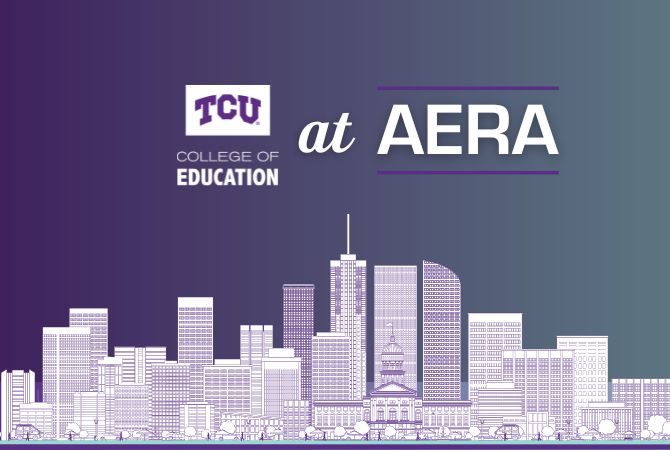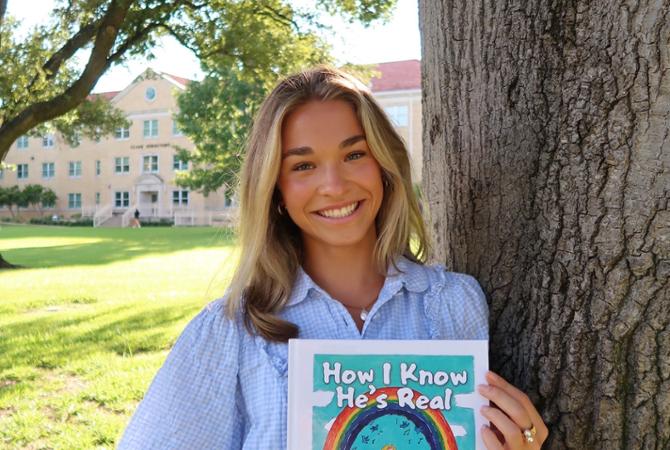Maestro, a new initiative in the College of Education, seeks to diversify the teaching workforce by recruiting, preparing and supporting candidates as they earn their bachelor’s degrees and teaching credentials. The program, spearheaded by Dean Frank Hernandez and Steve Przymus, associate professor of bilingual/multicultural education, arose out of a shortage of Latinx male teachers, particularly in Texas schools.

Nicholas Moore
Major: Secondary Education, Language and Literacy
Why Maestro?
I chose the Maestro program because it brings men of color into the education workforce.
The program also provides tutoring, mentorship, and scholarships. When looking at
the program's outcomes, I'm looking forward to getting to network, obtaining scholarships,
mentorship and studying abroad.
What are your career goals?
I plan to become a post-secondary and secondary educator. I can bring better ideas
and learning strategies to our society with the learning I have gained. The program
will help me excel in my teaching career, provide funds and networking skills and
help me graduate with a Master of Education English as Secondary Language certification
and a Ph.D. in Educational Leadership. I will (must) become a first-generation student
to finish college and get a degree.
Pedro Reyes
Major: Music Education
Why Maestro?
I chose to be part of the Maestro program because as I have experienced in public
school, and there is an obvious lack of male Hispanics in the education workforce. I believe
that it is important for students to see familiar faces in the classroom to feel more
comfortable, especially in places like Fort Worth ISD with high numbers of Hispanic
and underrepresented student populations.
What are you most looking forward to about the program?
I am most looking forward to not only being a part of Maestro at TCU, but to get connected
with the community and its own Maestros, learn from the experiences of current male
Hispanic teachers and building connections with local community leaders. I am a first-generation
college student, so me being here at TCU is a huge achievement. It makes me grateful
for the sacrifices my parents went through so I can be here today.
Manuel Barcenas
Major: Early Childhood – 6th Grade Education
Why Maestro?
I chose to become part of the Maestro program to obtain resources and connections
to help me succeed in my career, as well as getting to know other students like me.
I am excited to meet people with a career similar to my own and get other opinions
and perspectives about relevant topics. I was made aware of the Maestro program through
my college counselor and I am very grateful for that.
What are your post-graduation goals?
After graduation, I plan to get a job at a school to begin teaching right away, learn
and what works and what doesn't, and help students love and appreciate school.
Freddy Garcia
Major: Education Studies, Spanish and Hispanic Studies
Why Maestro?
I have always wanted to help first-generation and minority students achieve more and
to align myself with like-minded people. The teaching profession has many challenges
and speed bumps, and Maestro will help me navigate through those situations and further
develop strong teachers. With the shortage of Maestros in the schools, it is crucial
to not only attract more male and minority teachers but to help train them to be successful
and have strong leadership skills.
Anything you’d like to add?
I am a first generation, non-traditional, male future educator and have faced many
challenges. I look forward to not only learning and growing with Maestro, but to continue
to support future cohorts after I graduate. If we all help those coming behind us
to achieve more, the world will be a better place for everyone.
Read more about the creation of Maestro or visit the Maestro website.
*Responses have been edited for length and clarity.

